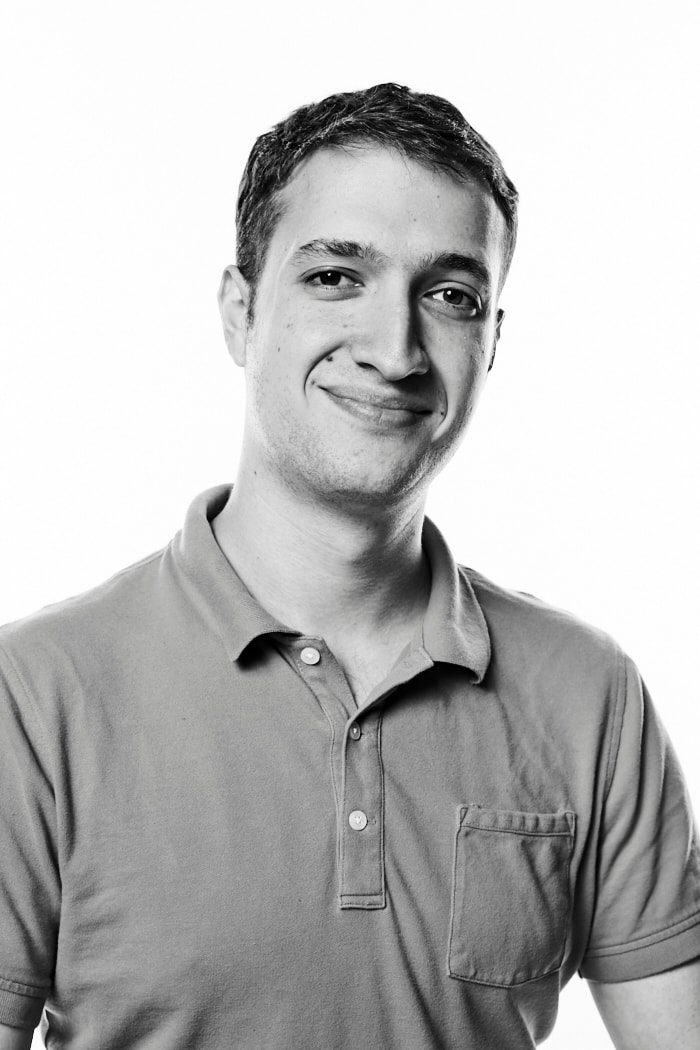
Welcome to the second week of our new series highlighting OWC customers and the amazing work they do. This week, we are featuring Mastering & Audio Engineer Zach Kornhauser. We spoke with Zach about his initial interest in audio production, the changes in the industry, and how he uses OWC solutions.
When did you first know that you wanted to work in audio production?
Zach Kornhauser: Sometime around my junior year in high school, around 2010, I decided I wanted to do something in music production. Around that time, I was playing with some friends in a few different bands. We were playing music from our favorite bands like Rush, Iron Maiden, Dream Theater, and others.
Listening to their recordings, I was also so intrigued by how my favorite musicians got such amazing sounds. I had a vague idea of what artists would do in a studio, but I never really knew the craft that goes into making a record.
Pro Tools was not terribly expensive, and I saved up money to get a very basic Line 6 audio interface. With that I just recorded any ideas I had on my guitar to see how a digital audio workstation operates.
After doing that for a while, I decided to major in audio production at Columbia College Chicago. From that point on, I was just thrown into the world of professional audio, and I never looked back. Having grown up loving to tinker with electronics, I think this was just a great fit to understand how all the tools of the trade work.
Fast forward about a decade later to where I am now at Atlantic Records. I’ve found that mastering has become the culmination of all my interests in music. As the final stage of production, it lets me take a nice overview shot of how a recording gets to where it is. And right there, in my mind, that’s a full circle evolution of where I began my love for production back when I was in high school.
Do you feel that the music industry is changing?
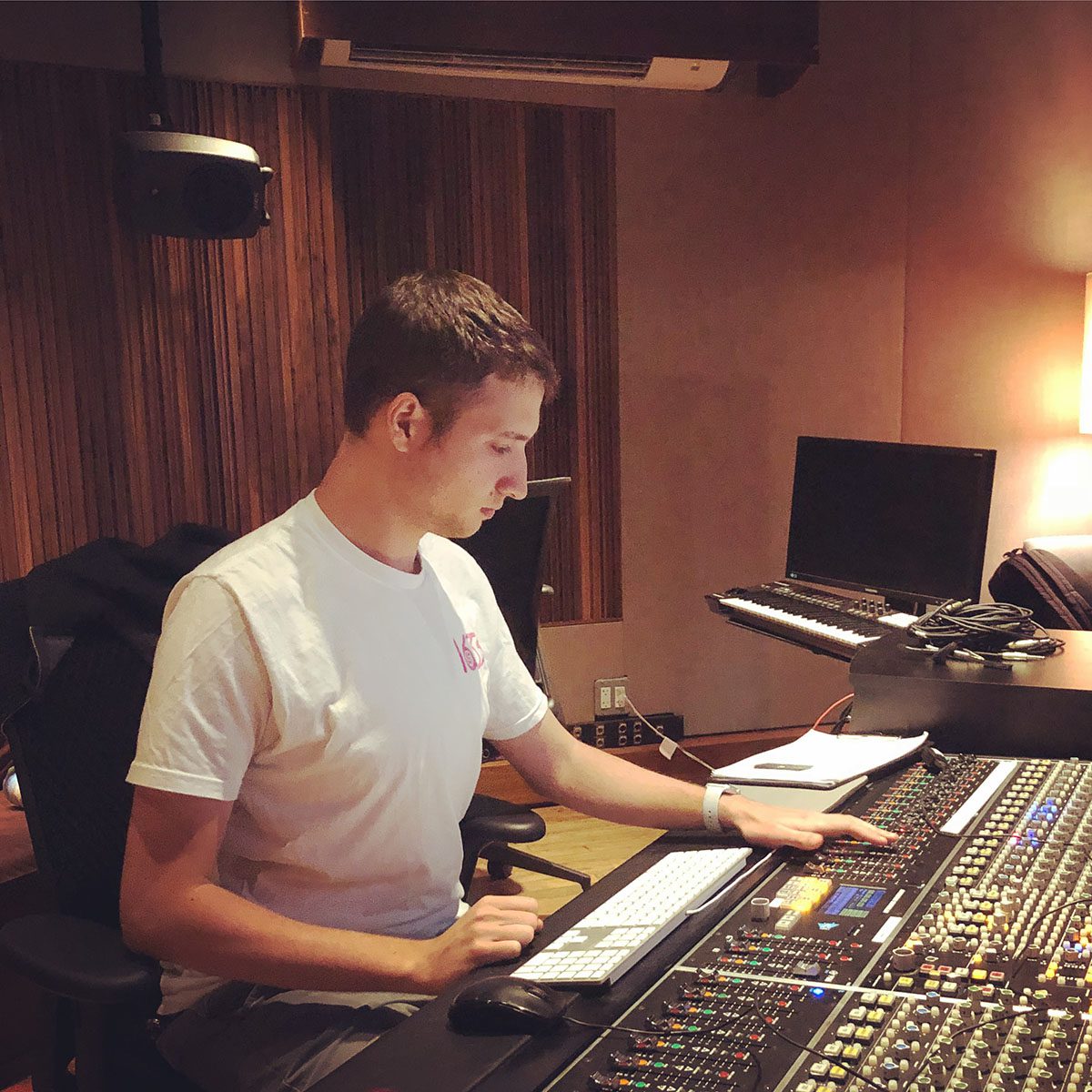
ZK: In every way! The biggest change, as I think most people would agree, revolves around music streaming. It has changed the way people use music in their daily lives.
In some ways, it has made music consumption more passive by letting people play uninterrupted music for a small monthly fee (as opposed to the days of paying 99 cents per track). It also lets people enjoy music from around the world with just a few clicks. Distribution of music to the multitude of streaming services has become so easy that any artist can push their music to the entire world without needing a label.
Another great change in the industry is the introduction of Dolby Atmos. With Atmos, consumers can be immersed in a fully spatial environment to hear sounds coming from so many directions. We’re still in its early stages, but artists and engineers are coming up with really great recordings that push the boundaries of traditional stereo. In the context of mastering, there is so much to learn about Atmos and how engineers like myself can implement it into our work environment. This is something very exciting and people need to hear this to understand why so many people are talking about Atmos.
One thing that is both good and bad that has come with changes in the music industry is loudness normalization. Streaming services will either turn down or up your track based on a set loudness value. What’s great about this is that artists, mixers, and more are realizing that they don’t have to make their track obnoxiously loud for it to compete against other songs.
However, some people think that they must make their tracks set to the service’s loudness specs. Some music needs to be louder or softer than other genres due to its nature. People expect a heavy metal song to be louder than a folk song. Having them at the same internal loudness just doesn’t sound natural.
What has been the biggest milestone in your career?
ZK: The biggest milestone in my career came at an unexpected time during the lockdown in 2020. I had the opportunity to master a children’s compilation album for Atlantic Records called At Home with the Kids. At that point, I had never really mastered any recordings on a major label level. I was still getting my bearings with regard to my mastering process, and still trying out new things in general.
The album has songs from artists like Sia, Portugal. The Man, Matt Maeson, and many more. Having to work on a wide array of music really tested my attention to detail. By the end of it, I felt so thankful and happy to have worked on this project. Moving forward, I gained the courage to not worry or feel anxiety when starting a project. I learned to go with my gut and enjoy working and listening to great music. What more could you ask for?
What advice would you give someone who wanted to work in audio production?
ZK: The best advice I can give really anyone, regardless of their experience, is to experiment, and to never be afraid of asking questions. When I was in grad school at New York University, I went to an intern fair at Atlantic Records. They had open positions in many departments, but none of them really interested me, because of my love for recording studios. I went up to the intern coordinator and told her my experiences and asked if Atlantic had any relationships with a studio that I could interview for. Fortunately, she said that they had a studio in the building, and they just happened to need an extra set of hands.
If I hadn’t asked that simple question, I would not be where I am today. One question can change your trajectory forever. Don’t be afraid to ask—in the worst-case scenario, someone will say no and you’ll just keep moving along.
Which OWC solutions do you use?
ZK: I use quite a few OWC products both at the studio and at home. I recently acquired the ThunderBay 4, which is quite remarkable, to use both as my archival unit and at-home work drive. Especially as a mastering engineer, archival and file management is a big part of what I do. Thanks to the ThunderBay and the SoftRAID software, I never have to worry if my files will be deleted or misplaced.
On the go and at the studio, I use an Envoy Pro SSD drive. The second I got my hands on this, I immediately stopped using all of my LaCie drives. Even during very simple sessions, the LaCie drives responded so slowly and interrupted my work. The Envoy Pro drive fixed all of my issues in a heartbeat, without breaking the bank.
Lastly, I have a Thunderbolt 3 14-port dock that I use to connect all of my peripherals, keyboards, and other USB-related devices. None of the new Mac computers have enough ports, in my opinion, so having a sturdy and reliable dock is extremely important in my setups. I also love how it charges my laptop too with just one cable for everything. I don’t know where I would be without OWC and its reliable products and services!
Connect with Zach:
You May Also Like:





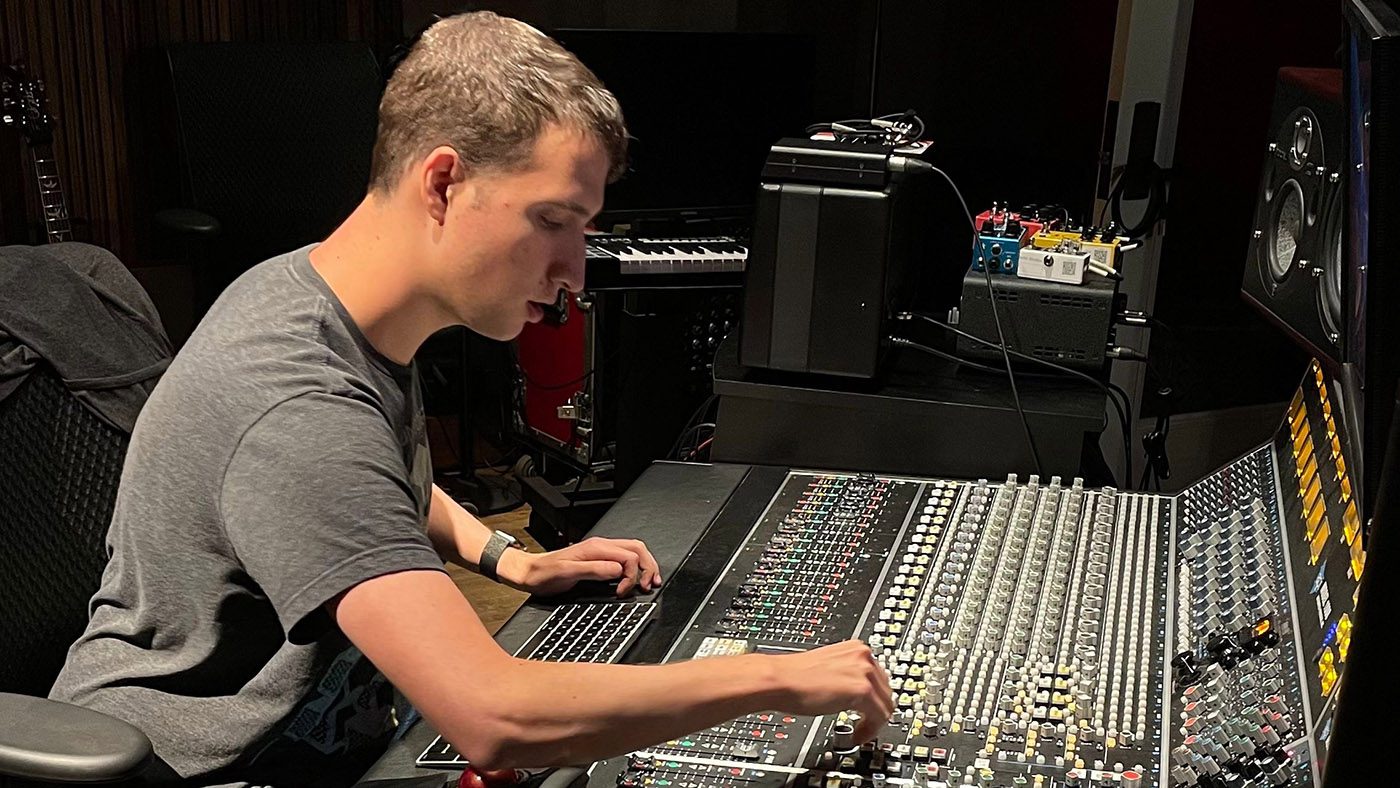
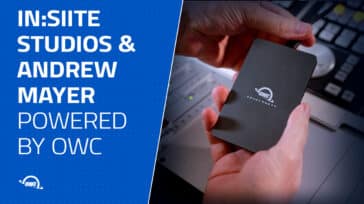
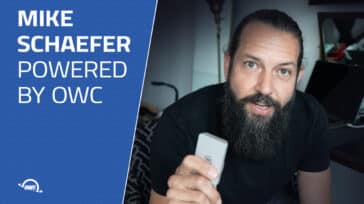
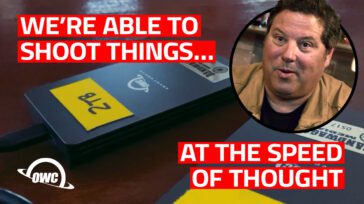
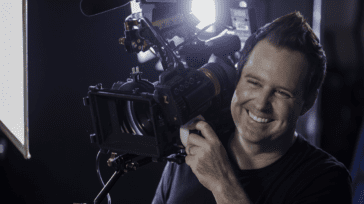


I was lucky enough to be around Zach and watch him grow from the High School days. He has always been very dedicated to learning and advancing. Yes, he asked a lot of questions but that’s how you learn. It’s no surprise he’s advancing in the industry so quickly.
Congrats on the interview.